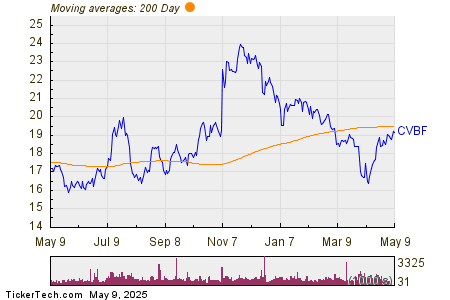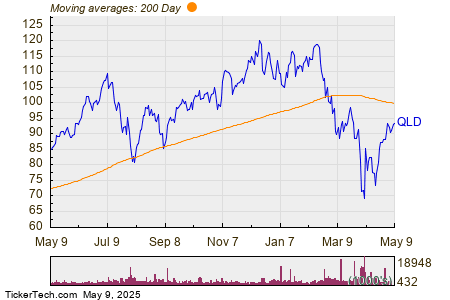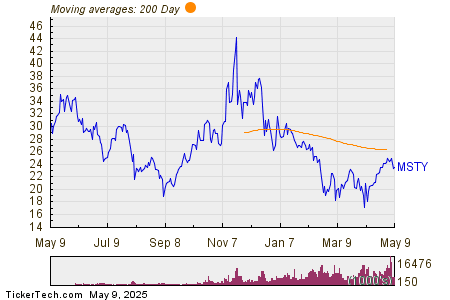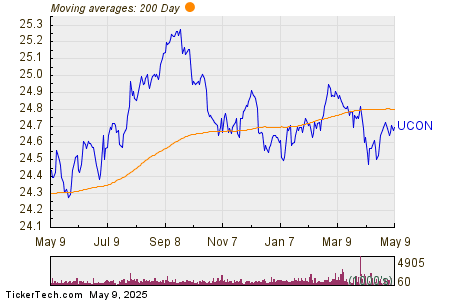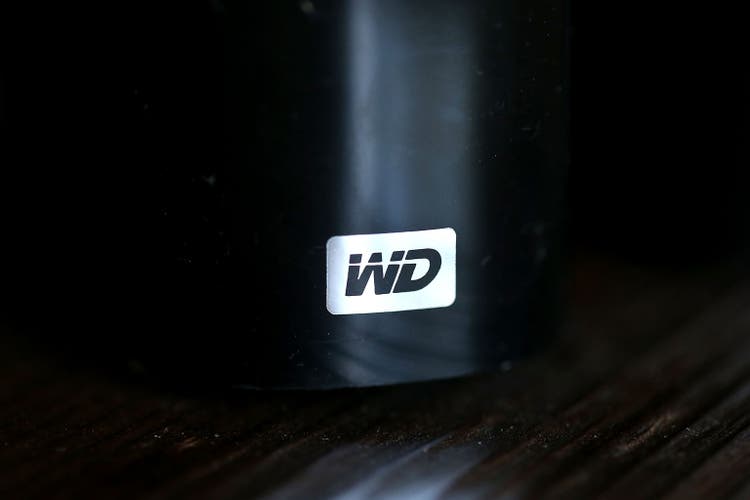
Justin Sullivan/Getty Images News
Shares of the data storage giant Western Digital, traded as NASDAQ:WDC, experienced a dramatic descent of over 5% following the extended trading session on Thursday. The drop followed the company’s dismal report of a seventh successive quarterly revenue decline.
At closing, WDC stock plummeted by 5.3% to $57.12.
For the second quarter of 2024, Western Digital (WDC) reported an adjusted loss per share of 69 cents on revenue of $3.03B, surpassing analysts’ expectations of a loss per share of $1.10 on revenue of $3.01B.
Despite the financial beat, the company’s revenue suffered a Y/Y decrease of about 2%, primarily attributed to a 13% decline in cloud business sales, stemming from lower e-solid-state drive bit shipments.
Last quarter, Western Digital’s strategic decision to bifurcate its hard disk drive (HDD) and flash memory businesses materialized due to the breakdown of merger talks between the flash memory unit and Japan’s Kioxia.
During the second quarter, WDC experienced a modest 0.5% Y/Y increase in flash revenue to $1.67B, while HDD revenue tumbled 5.7% Y/Y to $1.37B. The company also disclosed that its quarterly loss included $156M of underutilization-related charges in flash and HDD.
“Western Digital’s second quarter results demonstrate that the structural changes we have put in place over the last few years and the strategy we have been executing are producing significant outperformance across our flash and HDD businesses,” remarked top executive David Goeckeler in a statement.
Looking ahead, for the third quarter, WDC anticipates an adjusted loss per share ranging from 10 cents to adjusted earnings per share of 20 cents. This forecast stands in stark contrast to the consensus estimate of a loss per share of 29 cents. The company expects the revenue to be between $3.20B to $3.40B, as opposed to the consensus estimate of $3.18B.
Concurrently, shares of Seagate (STX), a competitor of Western Digital, also experienced a 3.8% after-hours decline to $87.50, following its own seventh straight quarter of revenue decline the day before.
Implications
The financial downturn for Western Digital further cements a challenging period for data storage companies as they grapple with a volatile market, technological shifts, and competitive pressures. The decision to separate the HDD and flash memory businesses, as well as the ongoing decline in revenue, poses significant challenges as the company seeks to navigate a tumultuous landscape.

